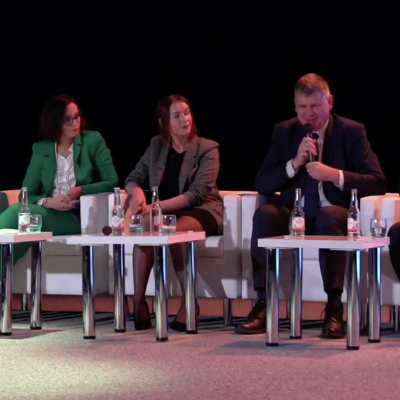Kolejne, już 40., seminarium QFRG i DSLab – w poniedziałek, 4 grudnia
Prelegentem będzie dr hab. Juliusz Jabłecki (Katedra Finansów Ilościowych i Uczenia Maszynowego WNE UW).
Temat: “Low-Volatility Equity Strategies and Interest Rates: A Bittersweet Perspective”.
Seminarium zaplanowane jest hybrydowo na 4 grudnia na 18:30: stacjonarnie w s. B002 (WNE UW) i online (platforma Zoom).
Dane do logowania to odpowiednio: 944 5065 2939 i 858254.
Link do seminarium: https://uw-edu-pl.zoom.us/j/94450652939?pwd=dk9qY3dkbUp4R0FYSTlNOWRvcFRJUT09
Zapraszamy!
Abstract:
Low-volatility investing has gained a firm foothold in the factor investing space as an effective strategy that helps investors maintain their long-term allocation to the equity market, while reducing the scale and severity of drawdowns. However, since defensive strategies have a more bond-like risk profile, there is a concern about their sensitivity to changes in interest rates – and in particular about their viability in the higher yield environment. This paper tries to reassess these concerns using an updated and extended sample of volatility sorted US stocks in the 30-year period 1993-2023. The results confirm that long-only low-volatility strategies do exhibit positive, statistically significant bond betas, even after accounting for their exposures to value, quality and investment factors. However, this sensitivity does not appear to be stable over time, and can be quite effectively mitigated by applying leverage or by avoiding excessive industry tilts. Furthermore, the economic impact of Treasury exposures in low-vol portfolios is modest, dwarfed by the tracking error these strategies exhibit relative to the broad market, and by other factor exposures. That skepticism is further supported by the case study of the equity and bond market drawdown of 2022.




